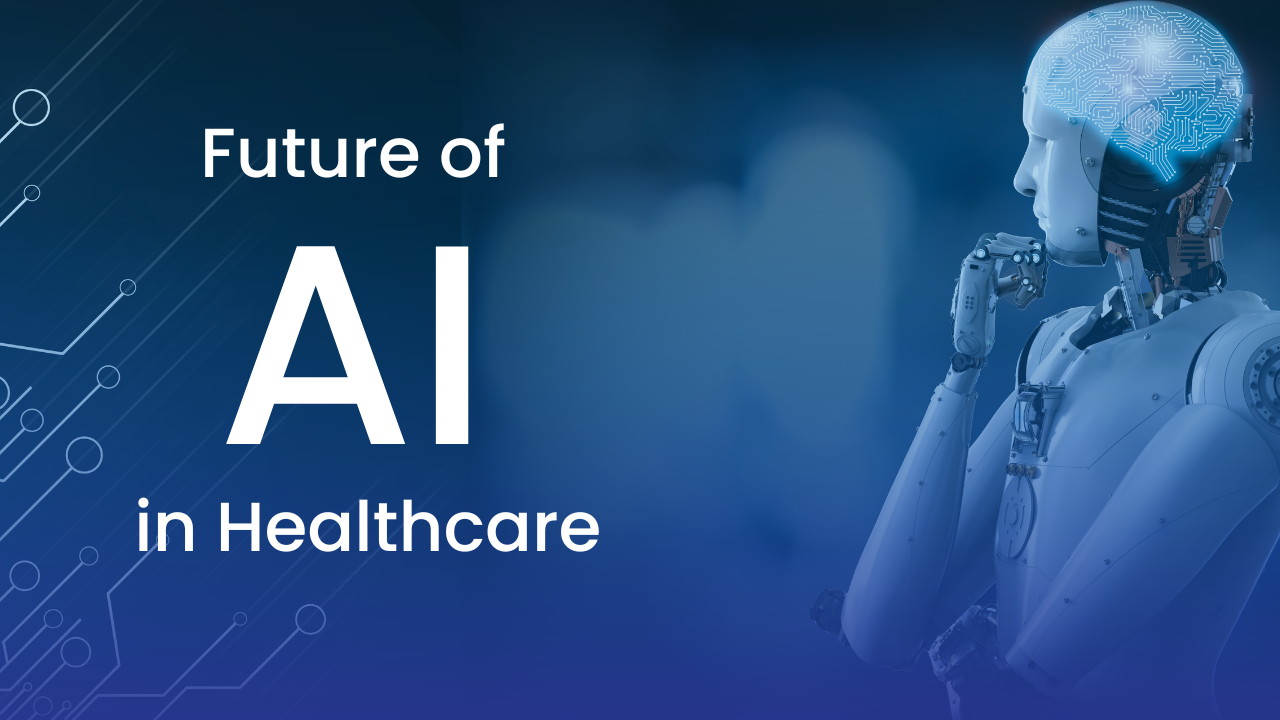
The AI-Driven Evolution of Healthcare: Transforming Patient CareThe AI-Driven Evolution of Healthcare: Transforming Patient Care The transformative power of artificial intelligence (AI) has permeated numerous industries, and healthcare is no exception. The rapid advancement of AI technologies is revolutionizing the way we diagnose, treat, and prevent diseases, resulting in significant improvements in patient care. Precision Diagnostics: AI algorithms can analyze vast amounts of medical data, including electronic health records, medical images, and genetic information, to identify patterns and detect hidden anomalies that traditional methods may overlook. This enables healthcare professionals to make more accurate and personalized diagnoses, leading to timely interventions and improved patient outcomes. Personalized Treatments: AI-powered systems can analyze individual patient characteristics, such as genetic makeup, lifestyle, and medical history, to tailor treatment plans to their specific needs. Precision medicine approaches leverage AI to predict drug responses, identify optimal dosages, and select treatments that are most likely to be effective for a particular patient. Predictive Analytics: AI algorithms can identify high-risk patients and predict future health conditions based on their medical data. This early identification and proactive monitoring enable healthcare providers to implement preventive measures and intervene before serious health events occur, improving population health outcomes. Virtual Care and Remote Monitoring: AI-powered virtual assistants and telemedicine platforms allow patients to access healthcare services remotely. Patients can connect with healthcare professionals through video conferencing, receive virtual consultations, and monitor their own health parameters from the comfort of their homes. This increased accessibility and convenience enhances patient engagement and improves healthcare outcomes. Drug Discovery and Development: AI algorithms can accelerate the drug discovery process by analyzing massive molecular databases and predicting potential drug candidates. Machine learning techniques can also identify potential side effects and interactions, enabling more efficient and safer drug development. Challenges and Considerations: While AI has immense potential in healthcare, it also presents challenges such as data privacy concerns, algorithmic bias, and the need for robust validation. It is crucial to ensure that AI systems are transparent, accountable, and used ethically to maximize their benefits and mitigate potential risks. Conclusion: The AI-driven evolution of healthcare is transforming patient care by enhancing precision diagnostics, enabling personalized treatments, predicting health risks, facilitating virtual care, and accelerating drug discovery. By harnessing the power of artificial intelligence, we can improve healthcare outcomes, reduce the burden of disease, and empower patients with greater control over their health. As AI technologies continue to advance, we can anticipate further innovations and transformative applications in the healthcare system, benefiting both patients and healthcare professionals alike.
Posted inNews